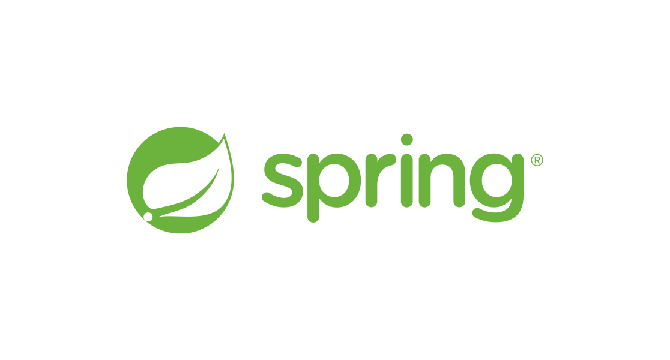Spring
3w
229

Image Credit: Spring
Securing Spring AI MCP servers with OAuth2
- Spring AI introduces support for Model Context Protocol (MCP), enabling AI models to interact with external tools efficiently.
- Developers can easily create custom MCP Servers with Spring AI and expose functionalities to AI models with minimal code.
- The latest version of the MCP specification focuses on enhancing security with OAuth2 framework for enterprise deployments.
- In MCP, servers can run locally using STDIO transport or expose standardized HTTP endpoints for external access.
- MCP Server acts as both a Resource Server and an Authorization Server, conducting authorization checks based on OAuth2 access tokens.
- Implementing OAuth2 involves configuring resources in the application, creating security filters, and enabling authentication for requests.
- With OAuth2 integration in Spring Security and Authorization Server, adding authentication to an existing Spring MCP Server is straightforward.
- Using OAuth2 client credentials, a secure machine-to-machine scenario can be established for obtaining access tokens.
- Requests to the MCP Server must include a valid access token, failing which the server responds with HTTP 401 Unauthorized error.
- Future steps include updating MCP Client for OAuth2 authentication, implementing more robust permission control, and exploring external Authorization Servers.
Read Full Article
13 Likes
For uninterrupted reading, download the app